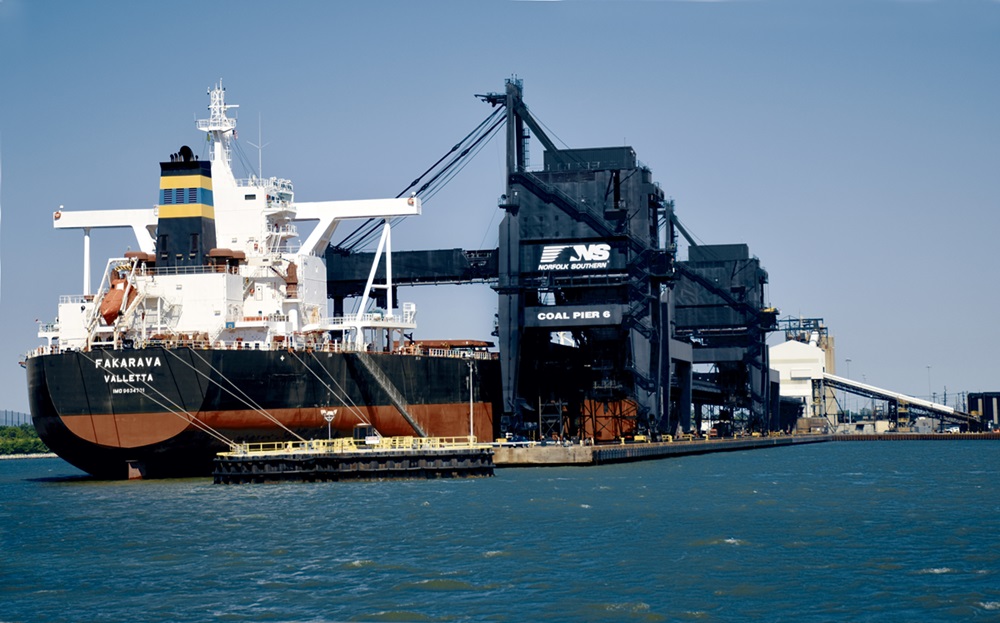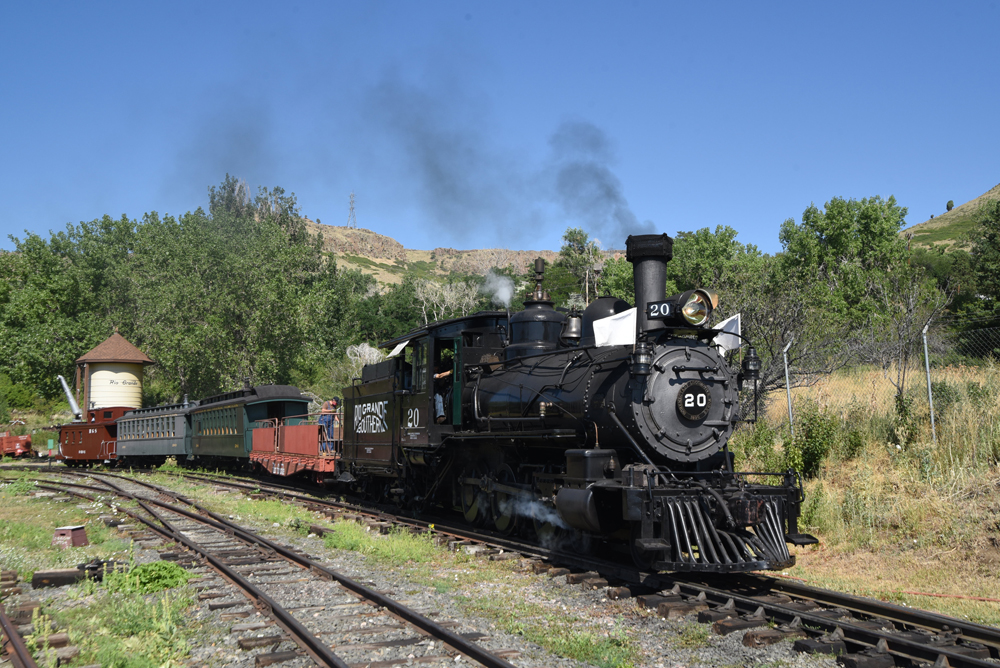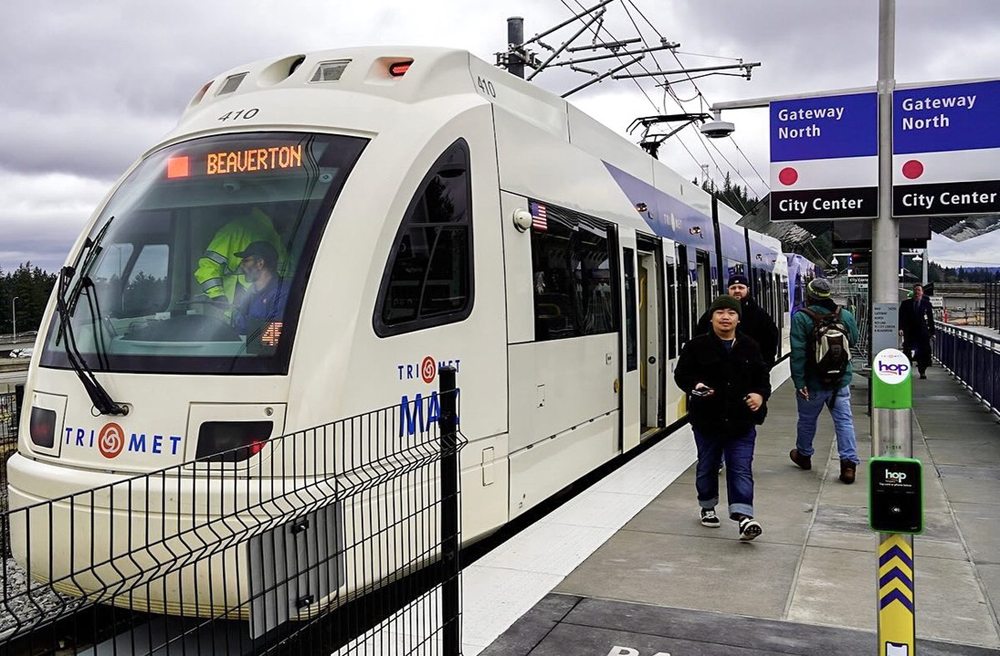EAST CHICAGO, Ind. — A Canadian National request to expand facilities in East Chicago is drawing fire from residents and environmental groups, who say the additional tracks will be used to store cars full of petroleum coke, a refining byproduct which can be used as fuel.
The Times of Northwest Indiana reports CN said in a statement that the expansion is to facilitate staging of empty cars to reliably serve local customers, but city officials say the expansion will create a “transfer point” at which the petroleum coke would be stored until it is moved to a port for shipment overseas. The material would come from oil and gas company BP’s refinery in Whiting, Ind.
The project will require approval from the Indiana Department of Environmental Management, because it seeks to fill in wetlands regulated by the state. The public comment period on that request ends Tuesday.
Thomas Frank, an East Chicago resident and member of the Southeast Side Coalition to Ban Petcoke, told the newspaper, “Petcoke is a product that is being chased out of every other community, and they’ve all found their power to stand up. What this shows is that there is still a vacuum of power here with these big polluters.”
Residents of the area near the proposed storage tracks are highly sensitive to environmental issues because they live in or near a U.S. Environmental Protection Agency Superfund site, contaminated with lead and arsenic from prior industrial activity.















Anna,
The last railroad project I worked that went through a wetlands in Indiana, we created new wetlands adjacent and at a 3:1 ratio of new to destroyed wetlands. I doubt that ratio has shrunk in the intervening years.
It sounds like the cars will contain the petcoke so it won’t be exposed to the wind. The city is putting up a straw-man. This material has to go somewhere from the refinery. Do they want it going by truck down the street?
The ‘environmental justice’ town would celebrate if this is shot down, but will they gladly pay the additional taxes to support the unemployment benefits this project could eliminate? Don’t make me laugh.
Unless the complainers were living in the area before the line was built, they knew what they were doing when they bought a house near the tracks. Sorry, no sympathy.
Here’s a good history of the issue, which started with piles of petcoke being stored in open piles at the KBCX terminals near Lake Calumet on Chicago’s southeast side: https://www.manufacturing.net/operations/news/13147466/chicago-petcoke-piles-must-be-removed
The arrival coincided with the retooling of the BP Whiting Refinery to process heavy Canadian crude arriving by pipeline, which produces huge quantities of the stuff (relative to lighter crude refining). It’s easy to imagine the need for storage as markets for it developed, and additionally as pricing and demand dynamics change for this rather niche fuel source.
It’s also easy to understand the residents of the working class Hegewisch neighborhood and other surrounding communities on the Chicago SE side and nearby northwest Indiana not wanting to breathe in the dust, have their kids play in the yard where it settles, or to clean if off their cars or houses (indoors as well as out).
So unless it’s covered in some fashion, this CN project is only moving the problem. And I doubt anything but increasingly surplus open top hoppers and gons will be involved, especially if as I expect storage to last more than a few days at a time.
The men managing the track on the GTW and IC have pulled up a large amount of mainline and siding tracks in the past 20 to 30 years. Certainly they can restore the tracks that have been removed on the right of way, then put the cars there.
I just picked up a new term in the associated article….
“Petroleum coke is a dirty product of dirty fossil fuel production. The proposed location of this known health hazard is next to an environmental justice community, currently living on and next to contaminated land. It will also impact wetlands, a critical natural resource,” Chizewer said.
“environmental justice community”
Maybe the petcoke will kill that other natural hazard to the area, Asian Carp.
Big problems in Chicago recently with big piles of Petcoke. The fine dust was covering the residential neighborhoods turning house roofs, windows and everything else black and entering the houses as no house is completely air tight. I usually don’t agree with nimby’s but I sure wouldn’t want this on or in my property. The Petcoke piles were eventually walled in or removed once the local pols got involved.
Who’s request was it CN or CP ?
How about we cut off these communities from the electric grid, plant a few thousand wind mills in their backyards @ see how they like that in their environmental justice community.
You’re right Anna, 0.04% of our air has CO2. Heaven forbid it increases to 0.041%. Of course the trees would be greener as they convert it to oxygen.
(The Earth’s atmosphere is 78 percent nitrogen, 21 percent oxygen and 1 percent other gases, including about 0.04 percent carbon dioxide.)
Would the citizens of East Chicago like to return to the stone age? Most of what’s material in life is a derivative of, or related to petroleum… Flatten the whole city and rezone it.. Problem solved